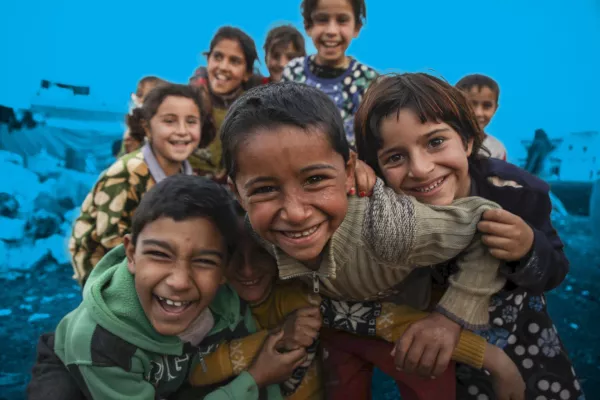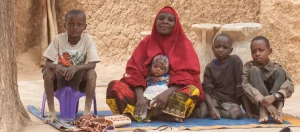
The United Nations Children’s Fund (UNICEF) has raised concerns over Nigeria’s alarming sanitation challenges, revealing that 70% of schools and 88% of health facilities across the country lack access to basic sanitation services.
Dr. Olusoji Akinleye, Coordinator and Officer in Charge (OIC) of UNICEF’s Enugu Field Office, disclosed these statistics during a media dialogue in Enugu held on Tuesday to mark the 2024 World Toilet Day. The event, themed “Toilets: A Place for Peace,” highlights the critical need for improved sanitation infrastructure in Nigeria.
Dr. Akinleye highlighted the extent of the crisis. He explained that 48 million Nigerians, including 18 million children, still practice open defecation.
“Also, 70% of schools without access to basic sanitation services (~91,000 schools); 88% of health facilities without access to basic sanitation (~27,600 health facilities),“ he stated.
He also noted that 80% of markets and motor parks in the country lack access to basic sanitation, increasing public health risks.
Akinleye attributed the persistence of open defecation and poor sanitation services to inadequate funding. He revealed that only 17% of Nigeria’s 774 local government areas (LGAs) have achieved Open Defecation Free (ODF) status.
According to him, federal commitment to sanitation efforts declined in 2023, stalling ODF initiatives. He added that only ₦15 billion was invested in sanitation infrastructure from 2018 to 2022, despite an annual funding requirement of ₦168.75 billion.
Akinleye attributed the persistence of open defecation and poor sanitation services to inadequate funding, stating that only 17% of Nigeria’s 774 local government areas (LGAs) have achieved Open Defecation Free (ODF) status.
He noted that only ₦15 billion was invested from 2018 to 2022, against an annual funding requirement of ₦168.75 billion
“Federal commitment declined since 2023, resulting in stalled ODF initiatives,” he said.
Rebecca Gabriel, a WASH Specialist with UNICEF’s Enugu office, emphasized the importance of collective action to address the sanitation crisis. She urged governments and private individuals to increase investments in sanitation infrastructure, especially in public places such as schools and markets.
“Toilets should be built in Schools, and other public places to reduce ODF. Everyone must be involved including government and public spirited individuals; so we can achieve zero ODF in every state of Nigeria,” Gabriel stated.
In a bid to combat open defecation and improve sanitation, Lagos State Government has approved the construction of 100 new public toilets across the state as part of the state’s broader Resilience Strategy, which aims to ensure that every Local Government and Local Council Development Area has accessible public toilets and bathrooms.








